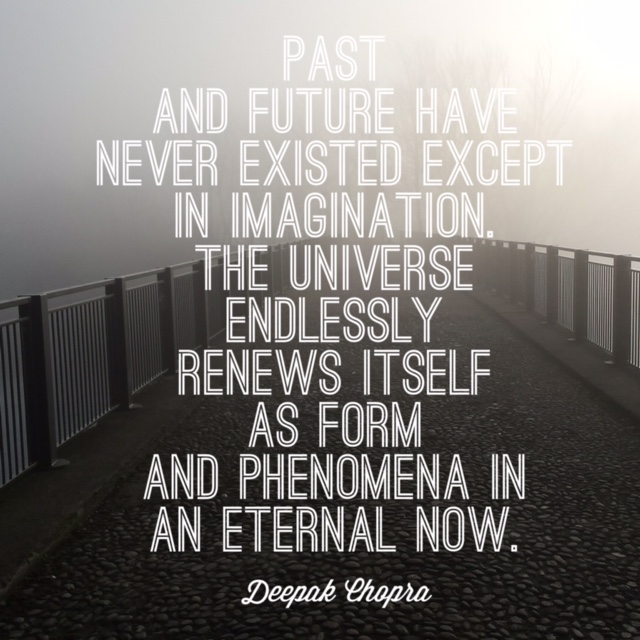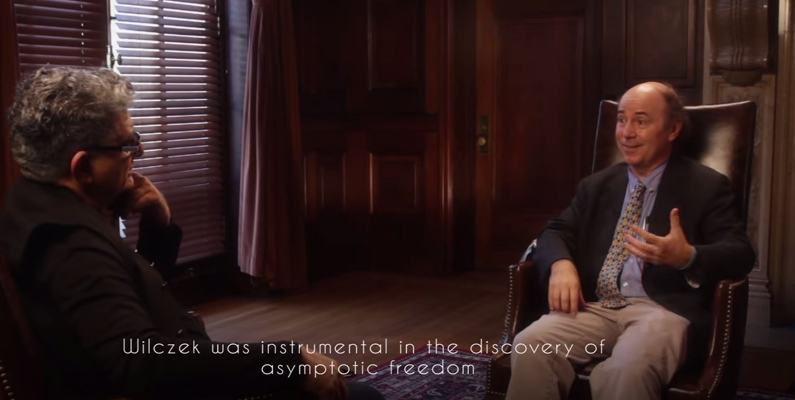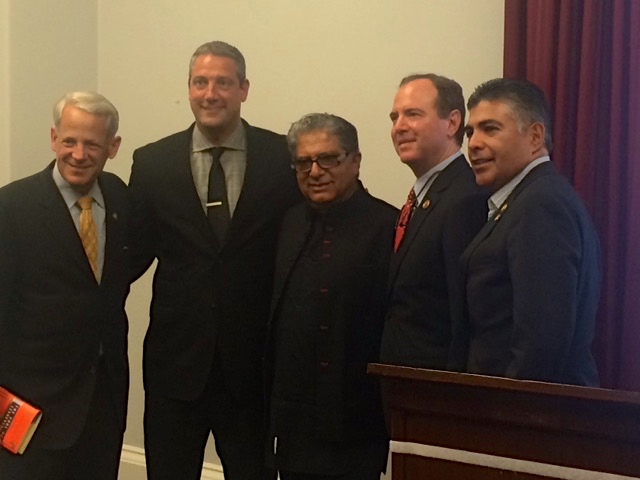By Deepak Chopra, MD, and Menas Kafatos, PhD
For some time now most of the universe has gone dark. This startling news was brought to popular attention in a June Op-Ed piece in the New York Times called “A Crisis at the Edge of Physics.” It began, “Do physicists need empirical evidence to confirm their theories?” In other words, once you work out a theoretical explanation for how Nature works, do you need evidence to prove it?
The answer seems like an obvious yes. If someone had a theory that unicorns live at the center of black holes, no one would believe it without evidence. But for a hundred years, ever since the quantum revolution, mathematics has often substituted for empirical data. The quantum world is too far removed from the everyday world for empiricism to guide the way. There have been famous validations of arcane theories, as when astronomers used a total solar eclipse in 1919 to verify Einstein’s General Theory of Relativity that light can been bent into a curve by strong gravitational forces.


 Human beings are unique in the scenario of life on Earth–that much is obvious. We are guided by awareness, and to implement our wishes, dreams, and inventions, the higher brain (chiefly the cerebral cortex) has evolved to extraordinary proportions. Although classical Darwinism is mindless, and staunchly defended as such by strict materialists, Homo sapiens is no longer caught in the clutches of natural selection. As we saw in the first post of this series, human society is very different from the state of nature. Chimpanzees don’t get their food at the grocery store, and we don’t get ours by fighting with rivals in the treetops.
Human beings are unique in the scenario of life on Earth–that much is obvious. We are guided by awareness, and to implement our wishes, dreams, and inventions, the higher brain (chiefly the cerebral cortex) has evolved to extraordinary proportions. Although classical Darwinism is mindless, and staunchly defended as such by strict materialists, Homo sapiens is no longer caught in the clutches of natural selection. As we saw in the first post of this series, human society is very different from the state of nature. Chimpanzees don’t get their food at the grocery store, and we don’t get ours by fighting with rivals in the treetops.
